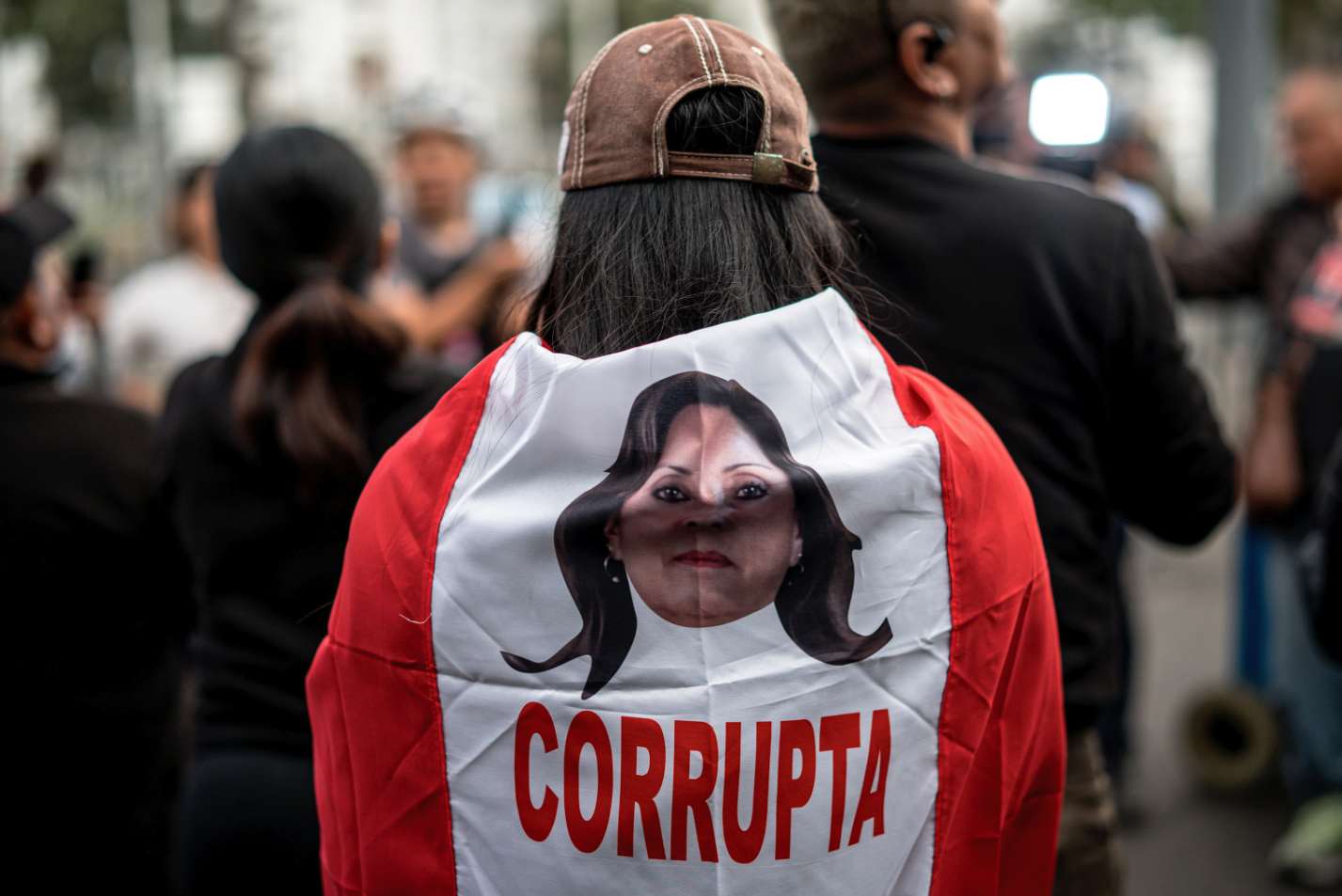The removal of Dina Boluarte surprised no one who had followed the slow disintegration of her regime. More than a situational crisis, her fall sums up the exhaustion of a political model that has lost all capacity for representation. Peru has lived for years in a kind of institutional limbo: formally democratic, but without lived democracy, without citizens who recognize themselves in their authorities or in the rules of the game. The vacancy of October 10 was only the latest gesture of a system consumed by its own discredit.
Boluarte came to power as the result of an anomalous process. She inherited the presidency after the removal of Pedro Castillo, the rural teacher who had burst onto the scene with the promise of a different kind of politics, but ended up devoured by a hostile institutional framework and a Congress determined to block any attempt to redistribute power or question historical privileges. Castillo’s fall was presented as a defense of constitutional order, but in reality it opened the door to a government without social legitimacy, sustained by economic elites and by a parliamentary coalition that never hid its disdain for the popular vote. Since then, the country remained in the hands of an executive without support and a Congress turned into the sole arbiter of politics.
For nearly two years, Boluarte governed under the discourse of a “firm hand,” promising to restore order and ensure stability. But in practice, her administration deepened the gap between the state and society. The social protests that shook the Andean south after Castillo’s fall were repressed with violence that left dozens dead. The message was clear: stability was worth more than life. The authoritarian response to the conflict marked the definitive breakdown of government legitimacy. In deep Peru, the state once again came to be perceived as an alien, centralist, and punitive apparatus. This social fracture, decades in the making, shattered any possibility of consensus.
Insecurity, inflation, and corruption completed the picture. The so-called “Rolexgate”—the investigation into an undeclared collection of luxury watches—was only the spark that lit the fuse. It was not the scandal itself that destroyed Boluarte, but what it symbolized: a power disconnected, incapable of understanding the outrage of a citizenry surviving in informality and precariousness. In a country where millions live on insufficient wages, the ostentation of luxury at the political summit became a moral affront. Each watch turned into a metaphor for the divorce between state and people.
Congress, for its part, took advantage of the president’s decline to consummate the vacancy. It did not do so out of ethical conviction, but for political calculation. In Peru’s Parliament, speeches about morality and legality are usually instruments of power, not principles. The paradox is that a Congress with approval ratings below 10% arrogates to itself the right to dismiss an equally unpopular president in the name of the “popular will.” In this circular dynamic, everyone gains power while citizens lose it. What in theory should be a system of checks and balances has turned into a war of mutual attrition where politics is reduced to mere survival.
The swearing-in of interim president José Jerí does not represent a way out, but rather the continuation of the vacuum. Jerí, a politician without national trajectory, assumes a country exhausted, without horizon or confidence. He inherits not only an institutional crisis, but also a social fracture cutting across classes, territories, and generations. His main challenge will not be to maintain order, but to restore meaning to the word “democracy.” Because in contemporary Peru, democracy has become an empty ritual: regular elections, volatile congresses, and presidents who last only as long as their media credit holds out.
The root of the problem is structural. The Peruvian political model, consolidated after Fujimorismo, bet on a minimal democracy: market without state, growth without redistribution, constitutional formalities without social inclusion. Macroeconomic stability was privileged over social cohesion, and the result has been a cynical, disbelieving, and frustrated citizenry. Disenchantment does not stem from an excess of democracy, but from its substantive absence. When institutions serve the interests of a few rather than the needs of the majority, legitimacy erodes until it disappears.
From a regional perspective, the Peruvian case mirrors a broader trend in Latin America: democratic fatigue. Governments that manage inequality, elites that confuse stability with immobility, and societies that no longer believe voting changes anything. In this context, populisms of various stripes flourish not as a cause, but as a symptom of representational failure. Peru is perhaps the most extreme laboratory of this pathology: a country where politics has been emptied of content and where the word “reform” is pronounced with cynicism.
Boluarte was, in that sense, a tragic figure: a president without a party, without a social base, and without a narrative. She governed with her back to the citizenry, betting on repression and technocratic discourse, believing that authority rests on decrees and not on legitimacy. But her fall should not be interpreted as a victory for her adversaries, but as a warning. When elite governments fail, it is not democracy that triumphs, but the void. And in that void, authoritarianism always lurks.
The challenge, then, is to rebuild the democratic pact from below. That means recognizing the long-postponed demands of the Andean south, the structural inequality dividing the country, and the need for a state that protects instead of punishes. The moderate left—one that believes in social justice without abandoning institutions—has the opportunity to propose a renewing agenda: not populist, but popular; not rupturist, but inclusive. A new social contract that restores meaning to politics and makes equality a condition of democracy, not its unfulfilled promise.
The vacancy of Dina Boluarte closes a cycle but does not inaugurate another. It is the final act of a fatigued democracy that must reconnect with its own society. If Peru does not undertake the task of rebuilding the link between state and citizenry, it will remain trapped in its loop of permanent crises, between a formal republic and an absent nation. Because Peru’s problem is not instability—it is indifference. And when people stop believing that power belongs to them, democracy ceases to exist, even before it falls.
*Machine translation, proofread by Ricardo Aceves.













